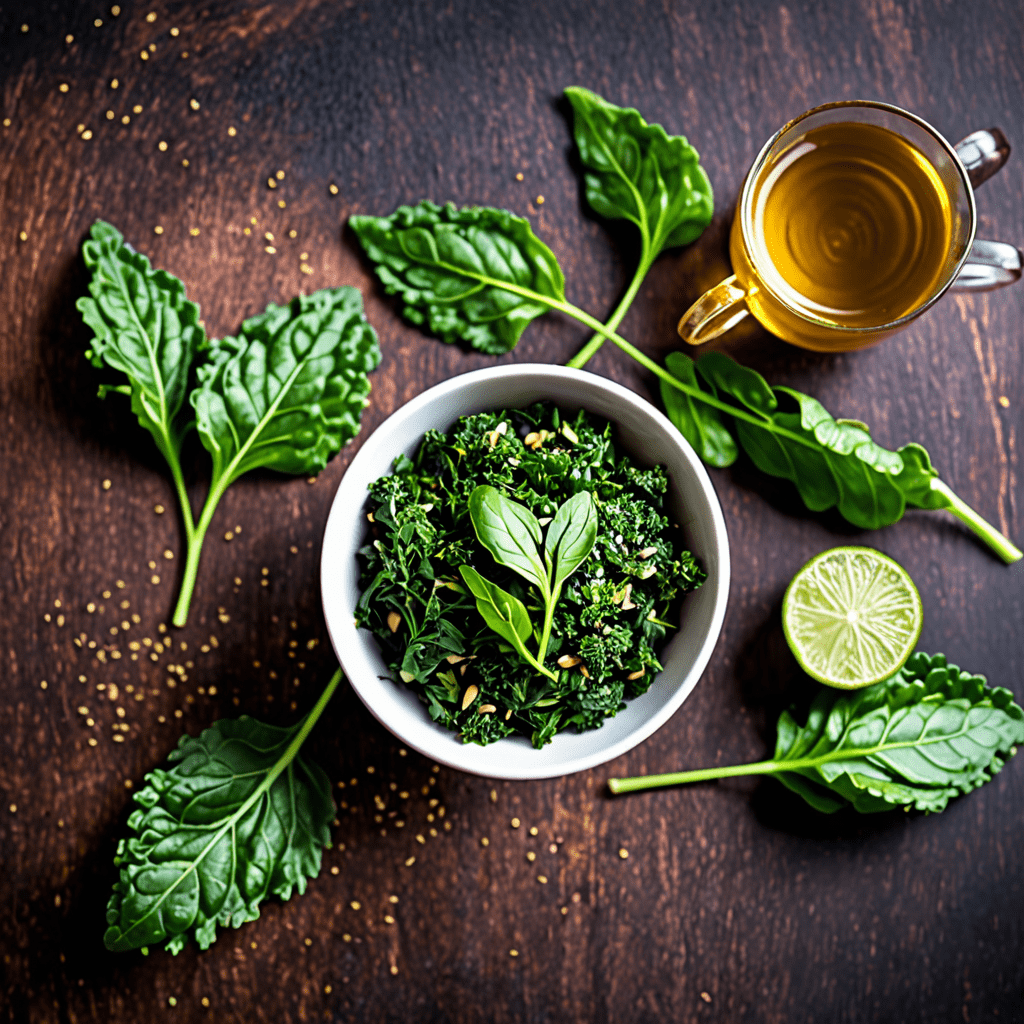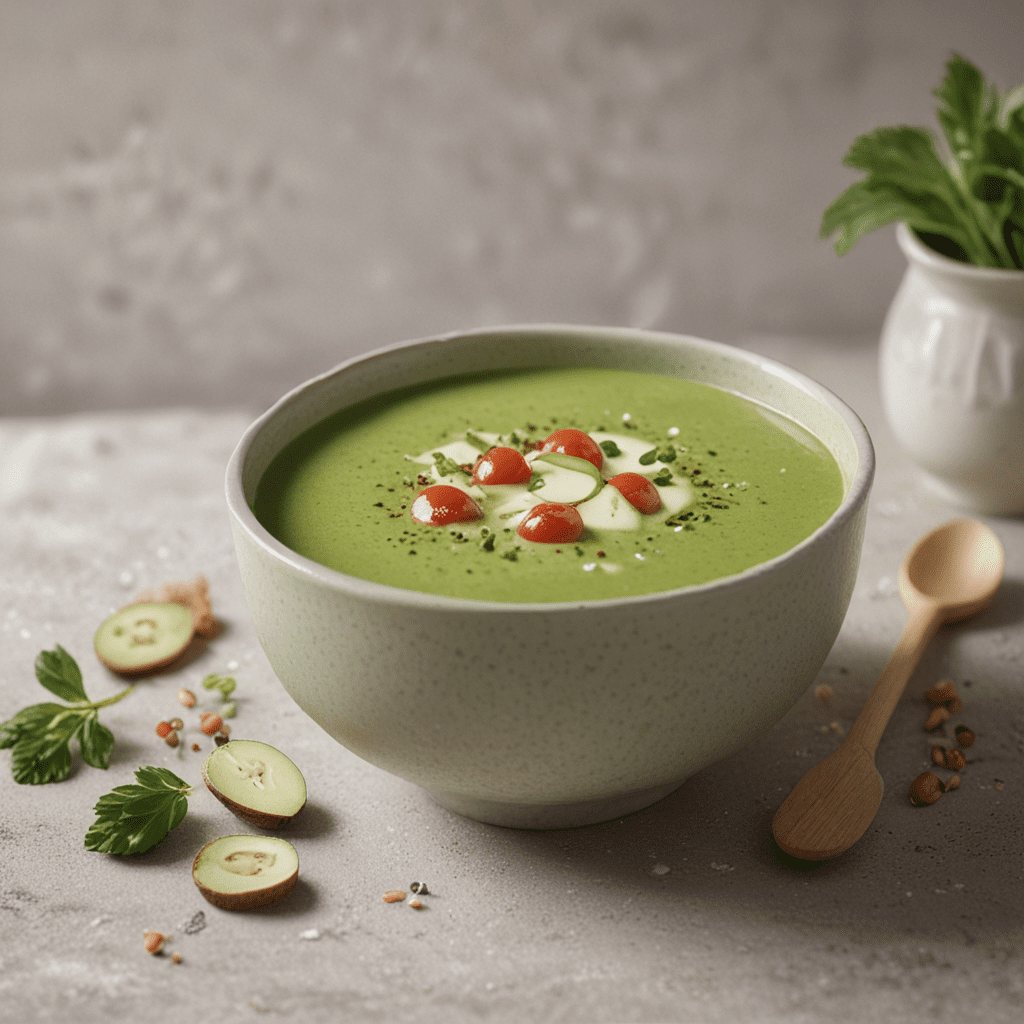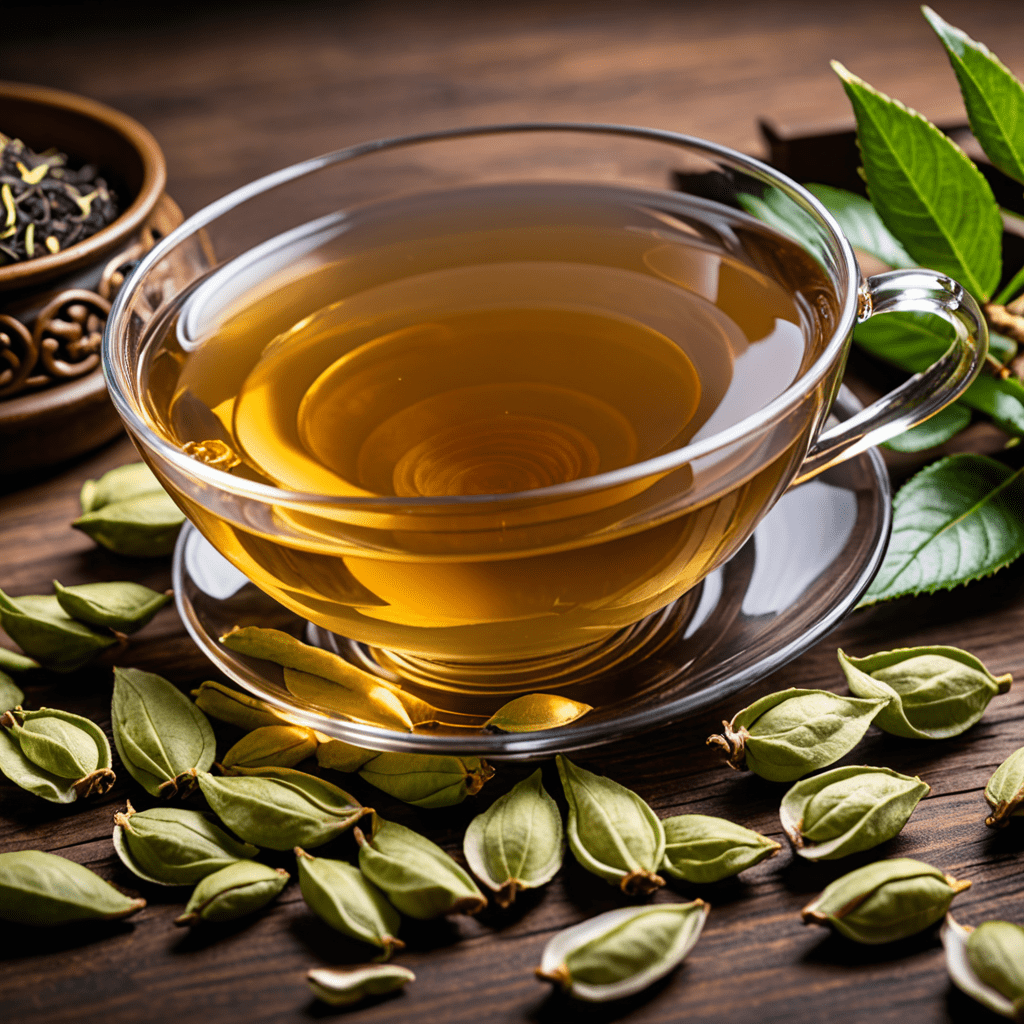Introduction to Chai Tea
Chai tea, an aromatic blend of spices and black tea, has captivated tea enthusiasts worldwide with its captivating flavors and rich history. Originating in India, chai tea has become an integral part of many cultures, offering a warm and comforting beverage experience.
Historical Origins of Chai Tea
The origins of chai tea can be traced back to ancient India, where it was believed to have medicinal properties. Traditionally prepared in a clay pot over an open fire, chai tea was a staple drink in royal courts and households alike. Over the centuries, chai tea spread to other parts of Asia and eventually made its way to Europe and the Americas.
The Aromatic Spices of Chai Tea
The unique flavor profile of chai tea comes from a harmonious blend of aromatic spices. Typically, a traditional chai tea blend includes cinnamon, cardamom, ginger, cloves, and black peppercorns. Each spice contributes its own distinct flavor and aroma, creating a complex and captivating taste experience.
Preparation Methods: Brewing the Perfect Cup
Brewing the perfect cup of chai tea requires careful attention to detail. The traditional method involves simmering black tea leaves with a combination of spices in milk and water. However, there are variations in preparation, including the use of tea bags, loose-leaf tea, or pre-made chai tea concentrates.
Chai Tea’s Health Benefits
Beyond its irresistible flavor, chai tea is also known for its potential health benefits. The spices used in chai tea, such as ginger, cinnamon, and cloves, have been traditionally used for their medicinal properties. Studies have suggested that chai tea may aid in digestion, reduce inflammation, and boost the immune system.
Chai Tea as a Cultural Symbol
Chai tea holds immense cultural significance in India and beyond. It is often served as a welcoming gesture in homes and businesses, symbolizing warmth, hospitality, and community. Chai tea has also become an integral part of religious festivals and ceremonies, where it is consumed as a sacred beverage.
Variations and Adaptations of Chai Tea
Over time, numerous variations and adaptations of chai tea have emerged, reflecting diverse cultural influences. In some regions, sugar or honey is added to sweeten the beverage. Masala chai, a popular variation, incorporates additional spices such as star anise, fenugreek, and nutmeg. Chai tea has also been reimagined in the form of iced chai, chai lattes, and even desserts.
Pairing Chai Tea with Food
Chai tea complements a wide range of foods, both sweet and savory. Its aromatic spices enhance the flavors of Indian dishes, such as samosas, pakoras, and biryani. Chai tea also pairs well with baked goods, particularly those with a hint of sweetness, such as pastries and muffins.
Chai Tea in Modern Cuisine
Contemporary culinary arts have embraced the versatility of chai tea. Chefs incorporate chai tea into savory dishes, such as roasted meats and seafood, to add depth and warmth to the flavors. Chai tea-infused cocktails, sauces, and desserts have also become popular, showcasing the limitless possibilities of this aromatic blend.
Conclusion: Chai Tea's Enduring Appeal
Chai tea continues to captivate tea enthusiasts worldwide due to its rich flavor profile, cultural significance, and potential health benefits. Its versatility allows for endless variations and adaptations, making it a timeless beverage that has stood the test of time. From its humble origins in India to its global recognition, chai tea remains an enduring symbol of warmth, comfort, and culinary delight.
FAQs
1. What is the caffeine content of chai tea?
Chai tea typically contains less caffeine than coffee but more than black tea, ranging from 25 to 100 milligrams per cup.
2. Can chai tea be made without milk?
Yes, chai tea can be prepared with water instead of milk, creating a lighter and caffeine-free version.
3. Is chai tea good for digestion?
Yes, the spices used in chai tea, particularly ginger, have traditionally been used to aid in digestion and soothe stomach discomfort.
4. How long should chai tea be steeped?
Chai tea should be steeped for at least 5-10 minutes to allow the spices to release their full flavor.
5. Can chai tea be made ahead of time?
Yes, chai tea can be prepared in advance and stored in the refrigerator for up to 3 days. Reheat before serving.



